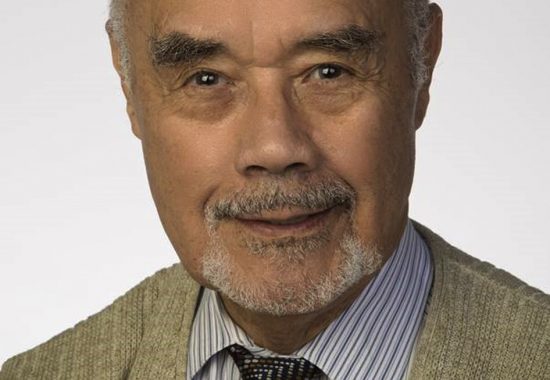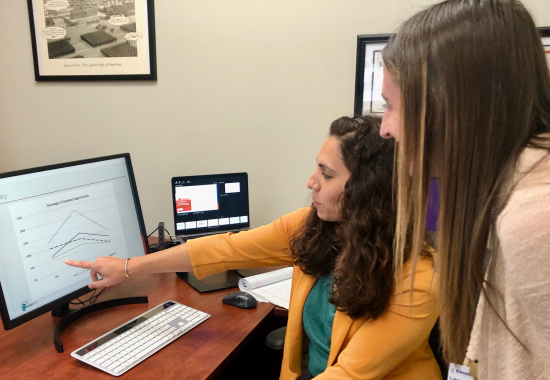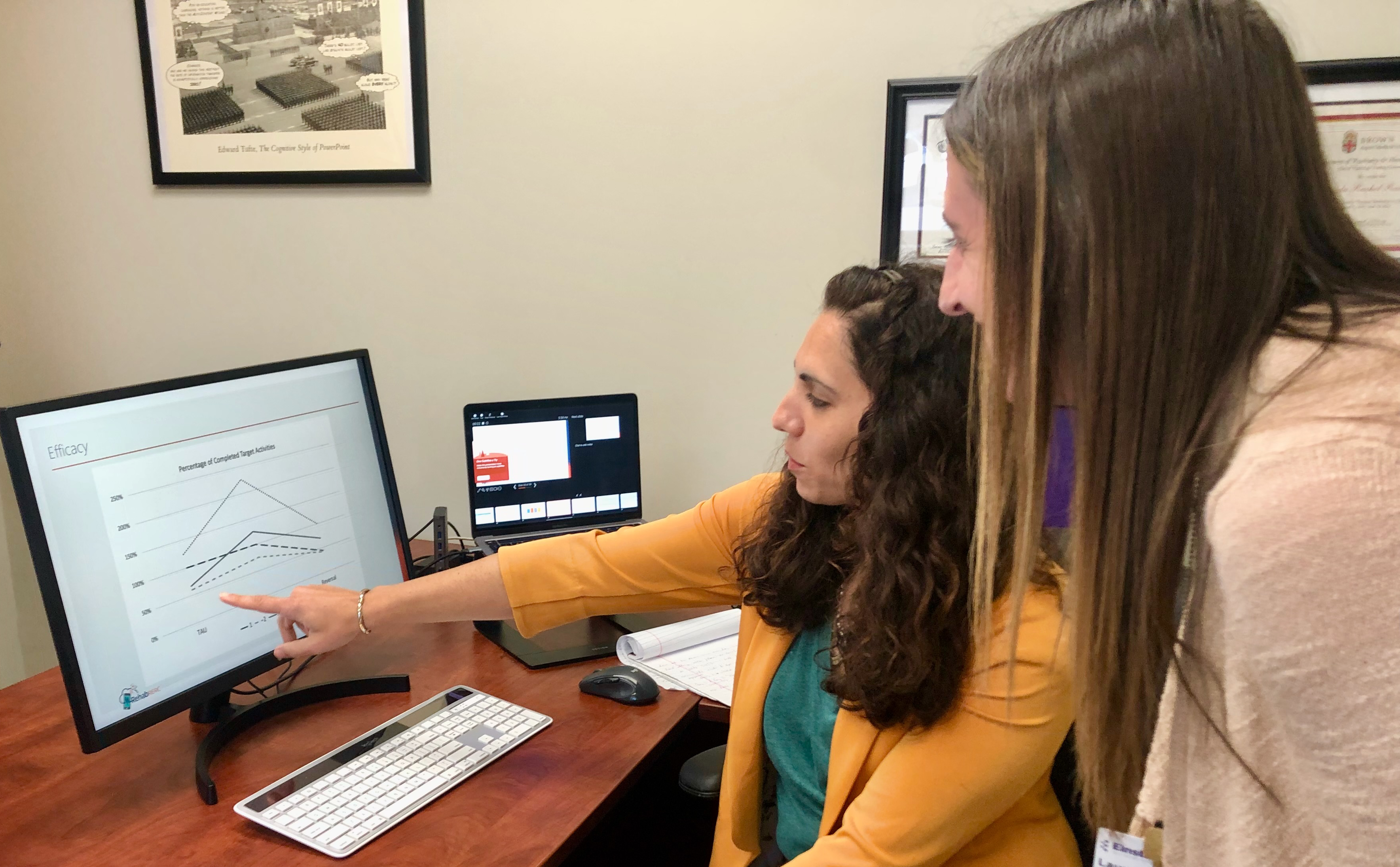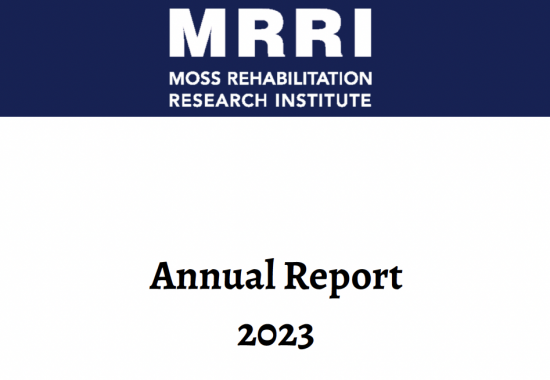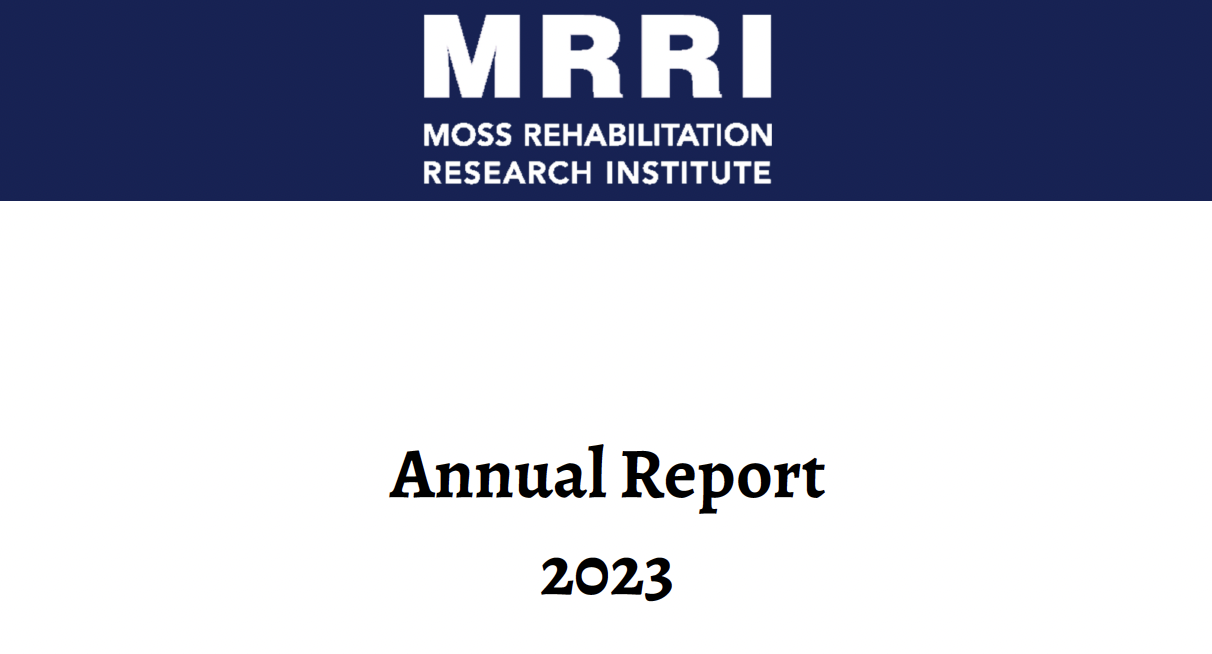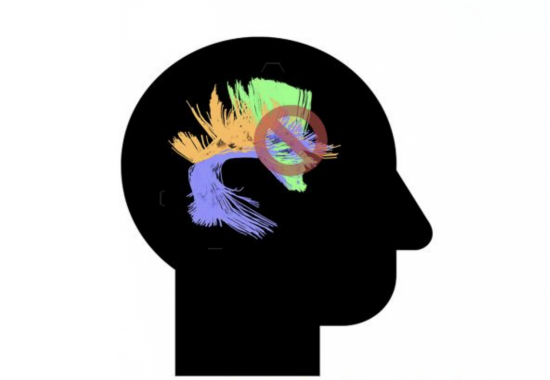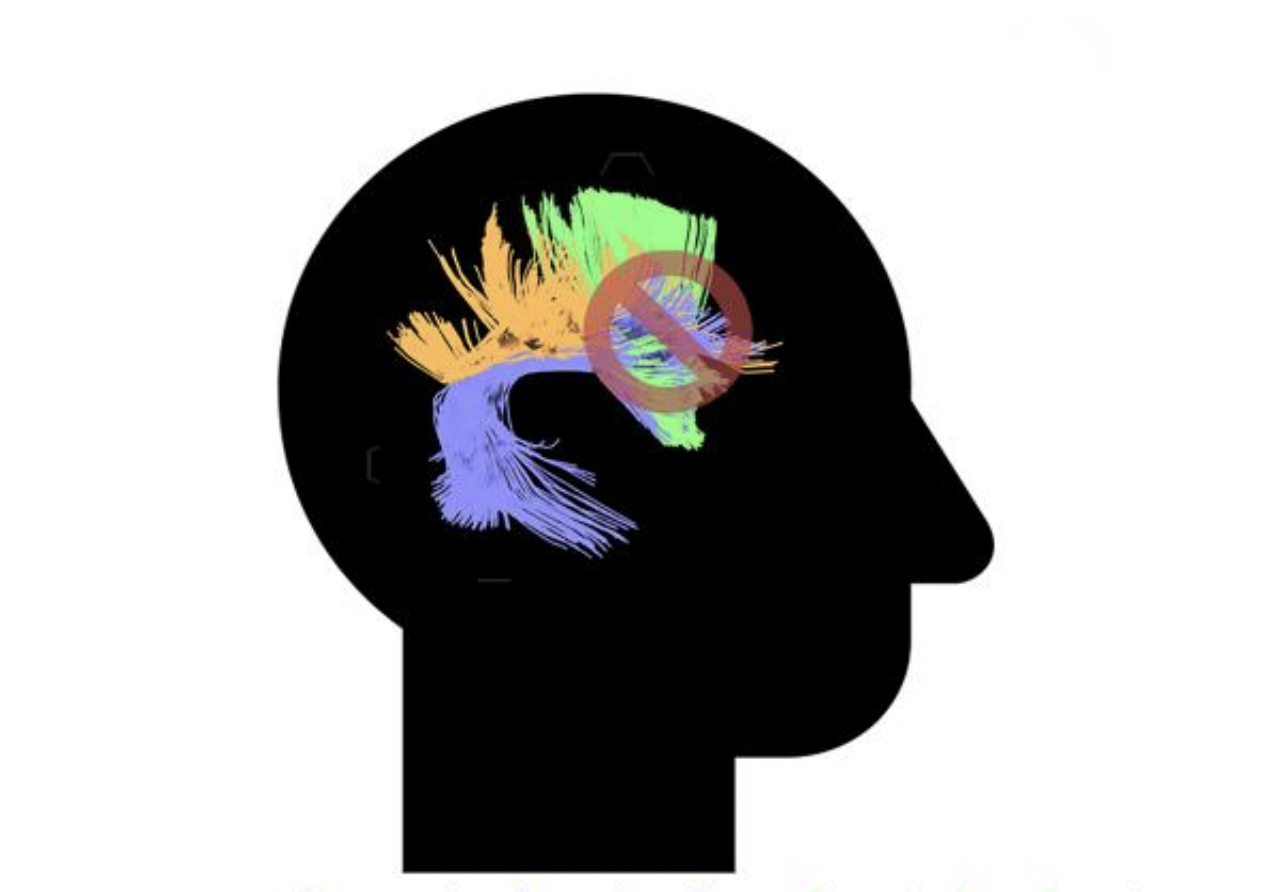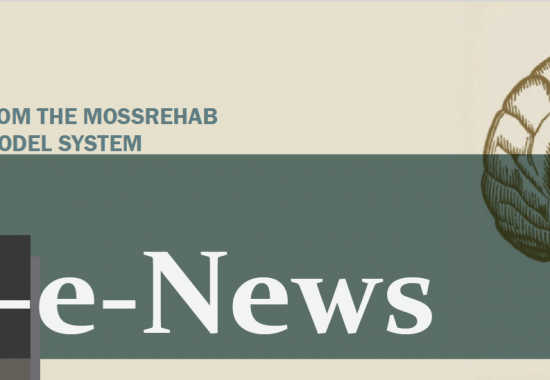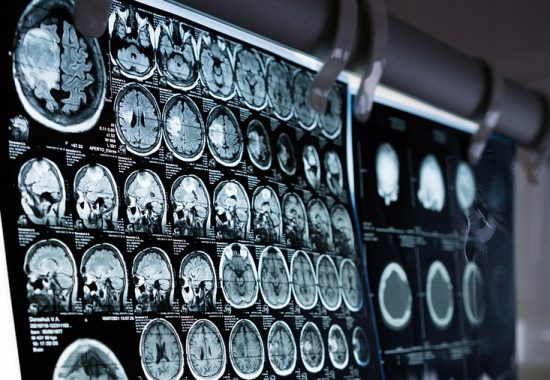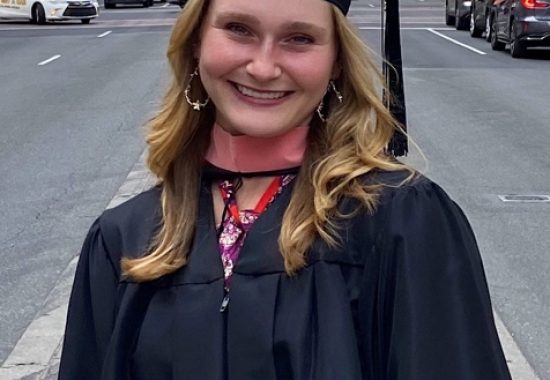As MRRI celebrates Black History Month, the Institute recognizes and honors the extraordinary contributions of individuals who have left an indelible mark on their fields. One such luminary figure is Carl V. Granger, MD, a third-generation African American physician whose groundbreaking work has significantly shaped the landscape of Physical Medicine and Rehabilitation (PM&R).
Dr. Granger’s legacy is perhaps most prominently defined by his visionary role in developing the Functional Independence Measure (FIM) instrument. This instrument, for many years, served as the gold standard for measuring the functioning and functional independence of patients in rehabilitation. Today, it remains a cornerstone in rehabilitation research, a testament to the enduring impact of Dr. Granger’s innovative contributions.
In 1987, Dr. Granger, in collaboration with the State University of New York (SUNY) Buffalo, founded the Uniform Data System for Medical Rehabilitation (UDSMR). This groundbreaking initiative marked a pivotal moment in the history of PM&R, as it introduced a standardized data set for medical rehabilitation. Dr. Granger’s foresight and dedication paved the way for a systematic and uniform approach to measuring rehabilitation outcomes, significantly advancing our understanding of treatment effectiveness.
Beyond his instrumental role in data standardization, his impact on the profession is evident through his presidency of the American Association of Electromyography and Electrodiagnosis in 1968-69, the American Academy of Physical Medicine and Rehabilitation (AAPM&R) from 1975-76, and the International Federation of PM&R from 1978-1980. As President of these esteemed organizations, Dr. Granger played a crucial role in shaping the direction and standards of the field. He was the author or co-author of over 275 scientific articles. In 2010, a comprehensive review of 45,700 articles within rehabilitation journals identified Dr. Granger as a co-author of 10 among the top 100 cited articles, with him serving as the first author in five instances—more than double the count of any other author.
The impact of Dr. Granger’s work extends to his establishment of the world’s largest and most sophisticated rehabilitation outcomes database. This monumental effort, containing over 13 million patient assessments, positioned PM&R at the forefront of tracking outcomes in medicine. Dr. Granger laid the foundation for “evidence-based” care in the field of rehabilitation, a paradigm shift that has shaped contemporary healthcare practices.
On December 29, 2019, in Buffalo, New York, Dr. Carl V. Granger passed away at the age of 91. Born into a family of African American physicians in Brooklyn, he carried on the family legacy with distinction. As we reflect on Dr. Carl V. Granger’s legacy during Black History Month, we celebrate his vital contributions to physiatry and rehabilitation research.
Thank you to Brandon Knight for inspiring the Black History Month blog series.

